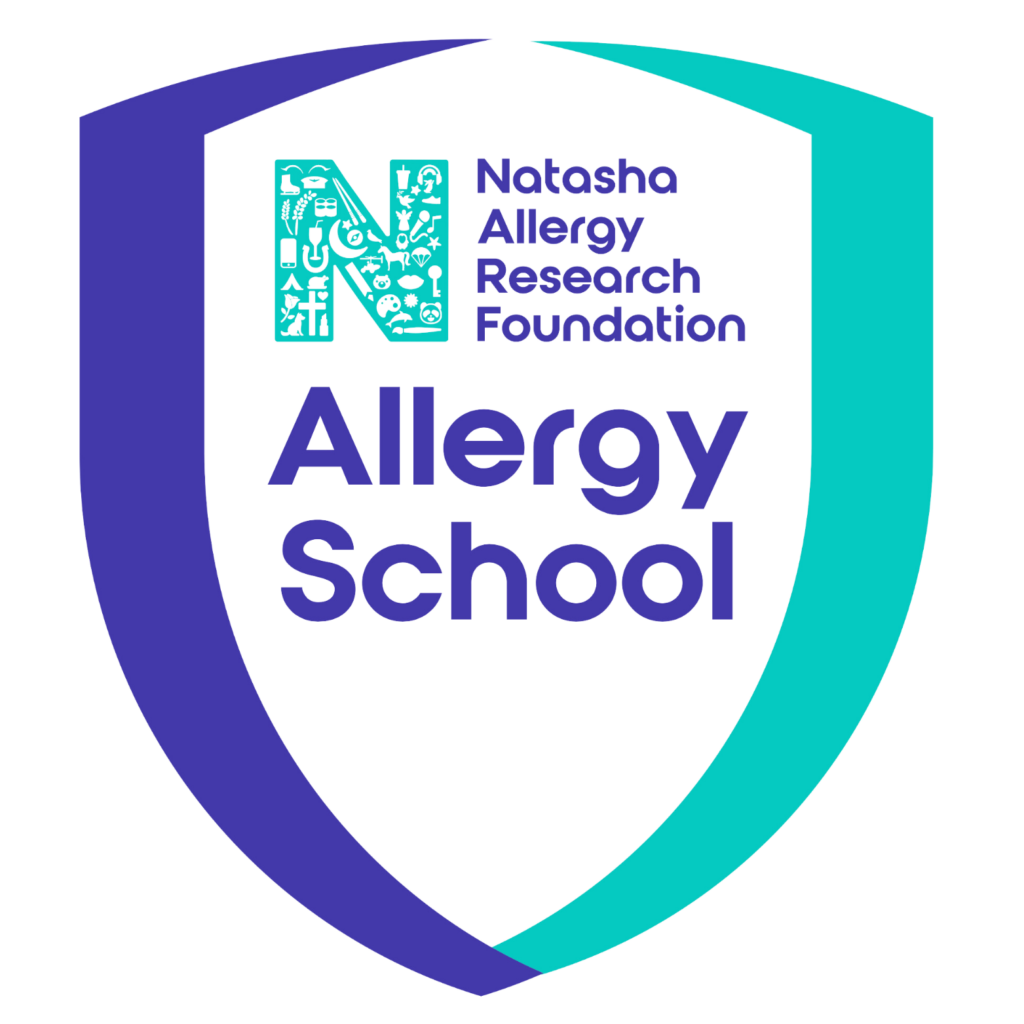Whilst this legislation allows local authority-maintained nurseries to purchase a reasonable number* of AAIs from a pharmacy without a prescription, it currently does not extend to private nurseries. As a result, children attending privately-run nurseries must have their own prescribed AAI’s should they require one.
*A ‘reasonable number’ is defined as ‘small quantities on an occasional basis that the school does not intend to profit from’.

